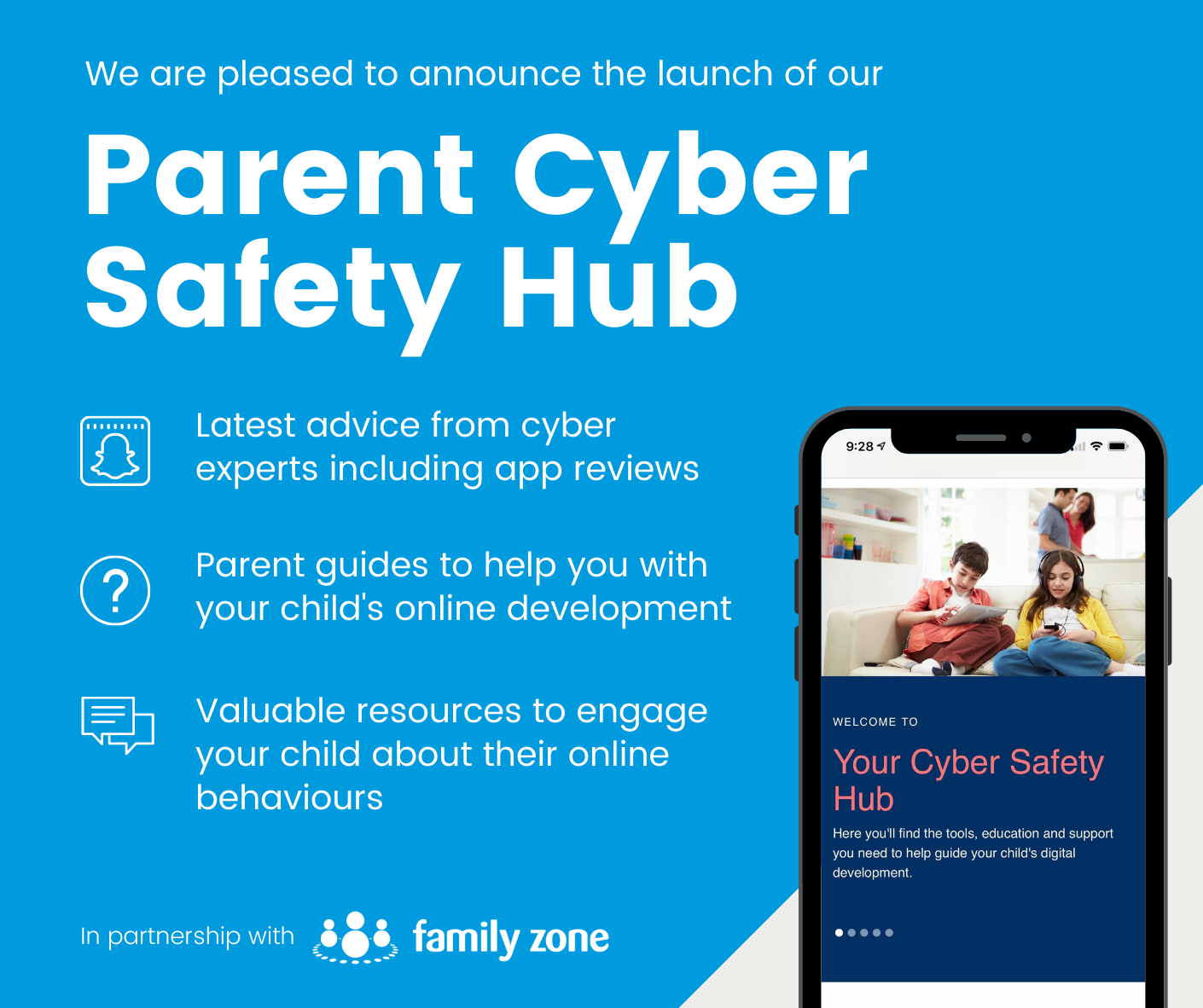Cyber Safety

'Tis the season for email scams. Here's how not to get caught.
Life is complicated enough. Do you really need more than one email address?
Don’t believe what your kids tell you. Email is still a mainstay of digital life. Four billion of us use it to send and receive 306 billion messages every day.
For many of us, multiple email addresses can be a useful way to keep our personal information personal, our financial details private and our online lives more manageable.
The pros of multiple accounts
The main reasons for using multiple email accounts include:
- separating business from pleasure
- arranging better filtering for spam
- protecting online identity
- organising work
- segregating marketing and promotions
- backing up main email
- focusing on one thing at a time
- improving security
For instance, many cyber-security experts recommend creating at least one secondary account for all things financial. Others go further, advising dedicated accounts for online shopping, subscriptions, and family and friends.
Virtually all agree that if you're online dating, a separate email address is a must. If something happens a digital suitor turns out to be a pest, or worse, you can simply delete the account and disappear.
The cons - and alternatives
But if you’re not particularly tech-savvy, juggling multiple accounts can be more trouble than it’s worth. Even worse, it can actually increase the risk of being scammed if those accounts are not being managed appropriately.
So what does “appropriate” mean in this context? It means, for each account,
- Setting up multi-factor authentication. This may include biometrics - facial or voice recognition - or the two-step verification process of the type used by many banks and MyGov, that involves authentication codes sent via text or email.
- Creating a strong, unique password.
- Deleting suspicious emails without opening them or clicking links or attachments.
These are the best and the easiest way to protect your security online, say experts - no matter how many emails addresses you own.
But there are lots of other easy steps you can take to safeguard yourself from scams.
- Don’t hand out your email address to just anybody (and that includes retailers).
- Limit the newsletters, promotions and other incoming messages you sign up for. Why? Simply because a more minimalist inbox will make the dodgy emails stick out like a sore thumb.
- Don’t hit “unsubscribe” when you get a suss email. This sends a signal to potential scammers that the account is valid and active.
- Keep your birthday to yourself. Birthdates are a powerful key to personal identity. If a merchant asks to know your birthday to send you a gift, pick a random day.
- Never share an authentication code.
- Be scrupulous about performing security updates.
- If you think a website may not be authentic, click on the little lock icon to the left of its domain name. Make sure the information you see there matches up.
- When online shopping, check out as a guest - and never let a seller store your credit card info.
Reference: https://www.familyzone.com/anz/families/blog/email-scams-dont-get-caught-online-shopping
Cyber Safety Hub
We are delighted to introduce you to a new resource made available to you through our partnership with Family Zone - our new school Cyber Safety Hub.
As you may already be aware, our partnership provides your family with access to the Family Zone tools to use at home with your children if you wish. The purpose of the Cyber Safety Hub is to complement those tools with practical guidance and information to further support you in engaging with your children in their digital development. These tools and resources also allow the school and parent body to work together on creating a holistic approach to guiding each student's online journey.
About the Parent Cyber Safety Hub
The Cyber Safety Hub includes resources to help your family better understand the different Family Zone tools available to you and how to use them, plus access to regular cyber safety events to help you stay informed about the latest digital trends.
Also, the Cyber Safety Hub provides expert advice from leading cyber experts, ySafe, on the most pertinent issues and frequently asked questions around platforms like TikTok, Fortnite, Instagram, and more. There are app reviews with age and safety recommendations, along with a range of guides to help ensure healthy boundaries around screen-time & gaming, plus step-by-step instructions for using parental controls and filtering out inappropriate content.
We are very excited to be able to offer you this level of expertise and support. We look forward to working closely with you as we develop the cyber safety conversation within our school community.


